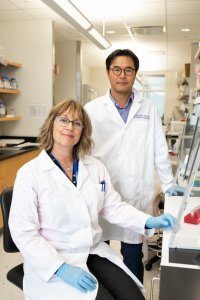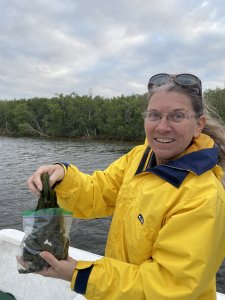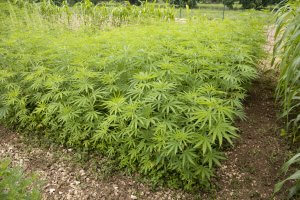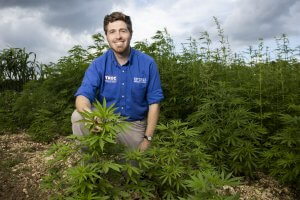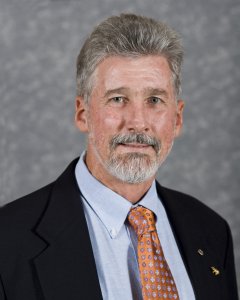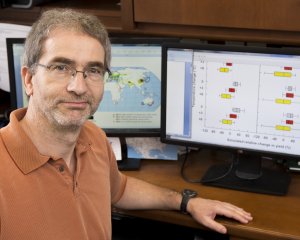@JackPayneIFAS
By Jack Payne
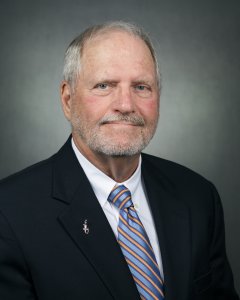
Late last year I called Kenneth Parker to ask a favor. I thought a lot about it before I dialed, because I knew his answer would be yes. It always is.
I needed a new Florida delegate to a national grassroots council that converges on Washington, D.C. to go to bat for land-grant universities. At first Kenneth said he did not know what I was talking about, but that the other two Florida delegates sounded like good company, so count him in.
That is typical Kenneth Parker for you. As Farm Bureau members, you may know him best as former president of the Hillsborough County Farm Bureau and a regular at the annual convention. But Kenneth transcends a single association or commodity. He basically does whatever he can for Florida agriculture.
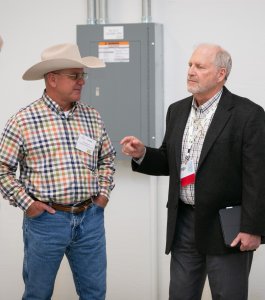
He brings to that service an appreciation for the science that underpins your
success. For years, Kenneth has worked to strengthen the University of Florida’s Institute of Food and Agricultural Sciences and help us understand industry needs.
Just a month or two before he accepted my request to serve as a Council for Agricultural Research, Extension, and Teaching (CARET) delegate, he had agreed to lead one of our stakeholder advisory groups, the Florida Agricultural Council, as its new president. In 2018, he said yes when we asked him to join SHARE Council, which helps garner philanthropic support for UF/IFAS.
Kenneth established early in his tenure as the executive director of the Florida Strawberry Growers Association his continuing support of the association’s commitment to covering the first few years’ salary for a UF/IFAS strawberry breeder with an expertise in genomics.
That allowed us to essentially have Dr. Seonghee Lee audition for the job. He is since become indispensable to Vance Whitaker’s strawberry breeding team.
Kenneth stood up for me at times when I had to make tough decisions. I have publicly acknowledged him in the past, like in 2014 when UF/IFAS honored FSGA as its industry partner of the year.
As I approach retirement, and I reflect on the contributions of our many supporters, Kenneth stands out. Because he did so much, and because he did it with such kindness and gentleness, Kenneth made me want to do my job better.
I will bet Judi Whitson in your Hillsborough County Farm Bureau office would say the same thing. So would the instructors in Plant City. So would the plant breeders in Wimauma. Soon enough, I expect, so will his peers at SHARE, CARET and the Florida Ag Council.
That means they will all do a better job for you.
Jack Payne is the University of Florida’s senior vice president for agriculture and natural resources and leader of the Institute of Food and Agricultural Sciences.


